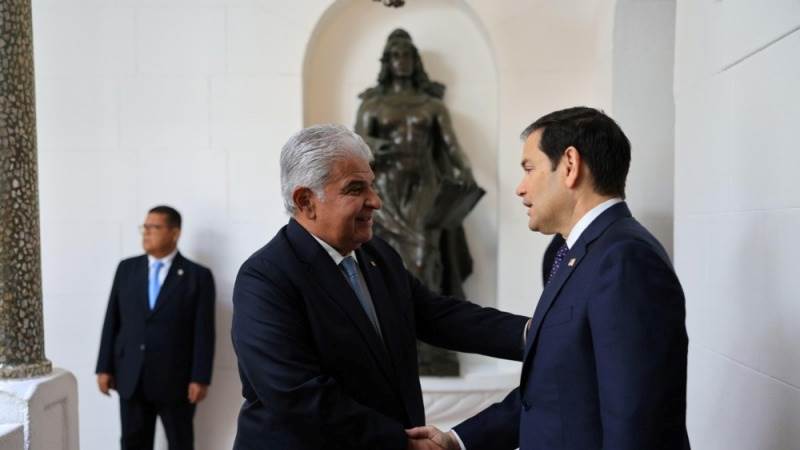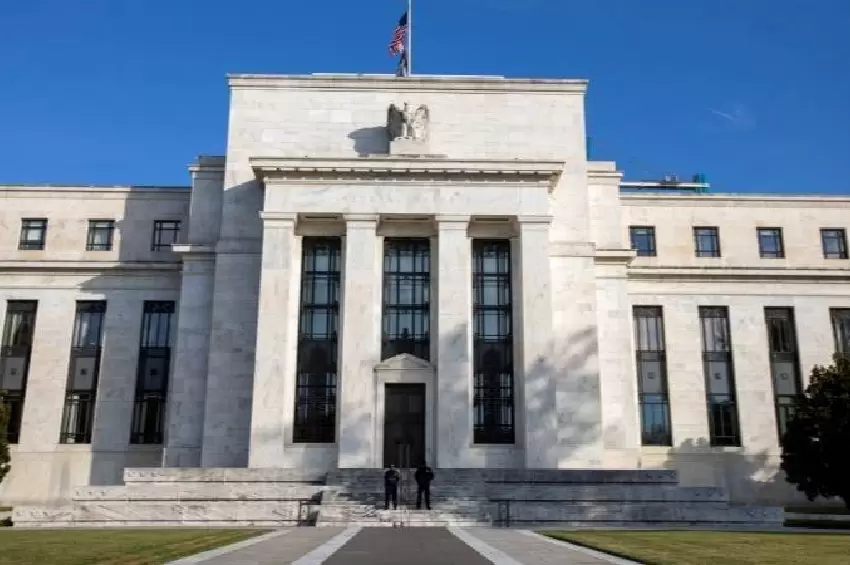
Panama's Strategic Shift: A New Chapter in US Relations
In a significant diplomatic development, Panamanian President Jose Raul Mulino has declared that Panama will not renew its participation in China's Belt and Road Initiative (BRI). This pivotal decision was reached after a crucial meeting with US Secretary of State Marco Rubio, focusing on Panama's sovereignty, security, and economic ties with the United States.
US Concerns Over Chinese Influence
Secretary Rubio conveyed President Donald Trump's apprehensions regarding China's growing influence over the Panama Canal, suggesting it might contravene the Treaty Concerning the Permanent Neutrality and Operation of the Panama Canal. Rubio emphasized the US's readiness to safeguard its treaty rights, signaling potential measures should the status quo remain unchanged.
Panama's Firm Stance on Sovereignty
President Mulino, however, reassured that Panama's control over the canal is absolute and non-negotiable, dismissing fears over Chinese influence. He also highlighted an ongoing audit of two Chinese-operated ports, indicating that future decisions could be influenced by the audit's outcomes.
Strengthening US-Panama Ties
Both leaders concurred on the importance of enhancing regional security, combating illegal migration through the Darien Gap, and fostering investment opportunities for US companies, marking a new era of cooperation between the two nations.









Comments